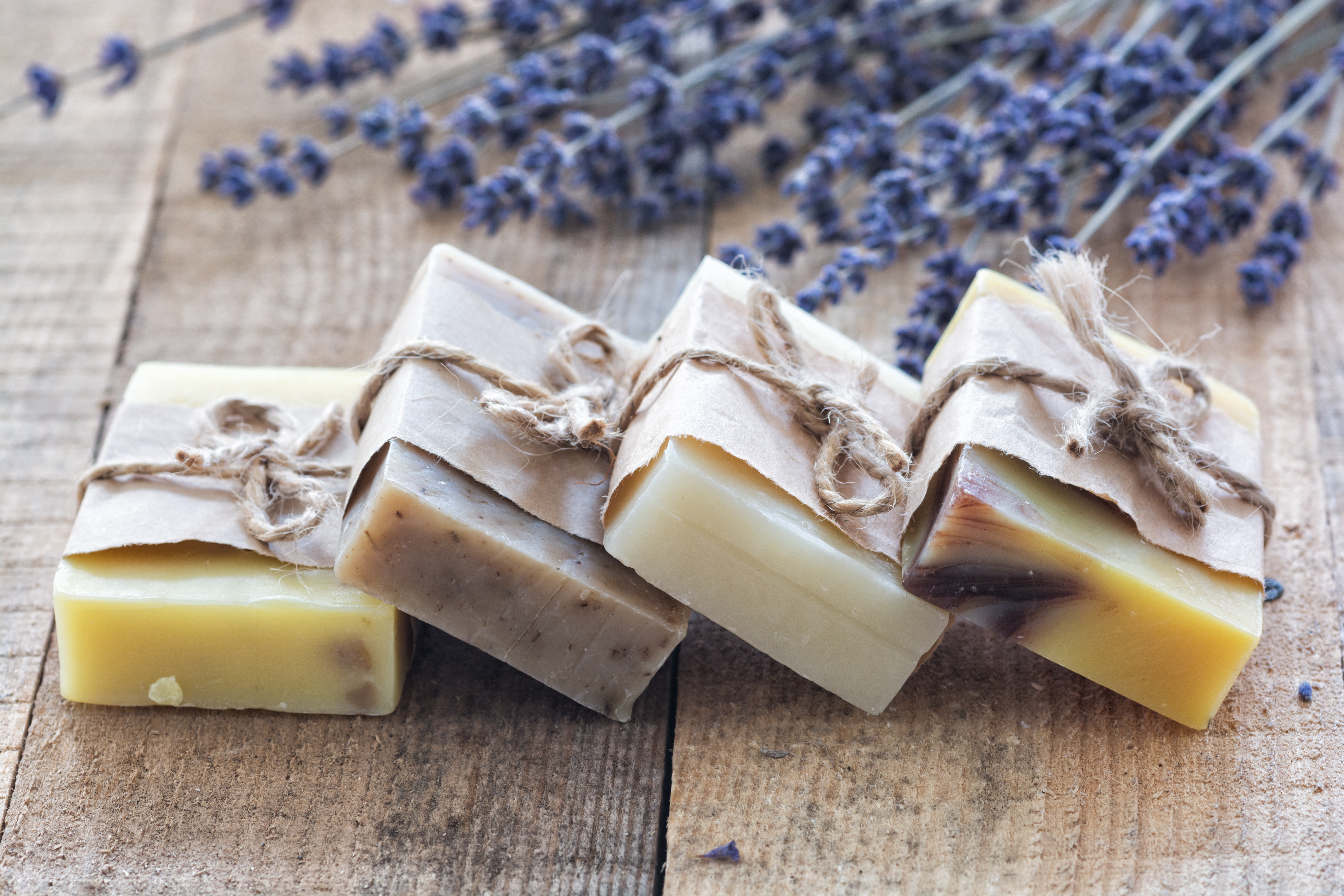Handmade Soap: The Natural Choice for Your Skin

The Benefits of Handmade Soap
Handmade soap offers a range of benefits that go beyond just cleansing your skin. Here are some of the reasons why you should choose handmade soap:
Natural Ingredients
Handmade soap is made using natural ingredients that are free from harsh chemicals, synthetic fragrances, and preservatives. This means that handmade soap is gentle on your skin and less likely to cause irritation or allergic reactions.
Moisturizing Properties
Most handmade soaps contain natural oils and butters that help to moisturize and hydrate your skin. This is particularly beneficial for people with dry or sensitive skin who often struggle with keeping their skin moisturized.
Environmentally Friendly
Handmade soap is often produced using sustainable and eco-friendly methods. This means that it has a lower carbon footprint compared to commercial soaps that are mass-produced using synthetic ingredients and harmful chemicals.
Artisanal Craftsmanship
Handmade soap is crafted by artisans who take pride in their work. This means that each bar of soap is unique and carefully crafted to provide the best possible experience for the user.
The Process of Making Handmade Soap
Handmade soap is made using a process called cold process soap making. This involves mixing oils, lye, and water to create a chemical reaction that results in soap. Here are the basic steps involved in making handmade soap:
Step 1: Measuring the Ingredients
The first step in making handmade soap is to measure out the ingredients. This includes oils, lye, water, and any other additives such as essential oils or herbs.
Step 2: Mixing the Ingredients
The next step is to mix the ingredients together in a large bowl or pot. This is done carefully to ensure that the lye does not come into contact with the skin, as it can be caustic and dangerous.
Step 3: Adding Essential Oils or Herbs
Once the ingredients are mixed, essential oils or herbs can be added to provide fragrance and additional benefits such as soothing properties or exfoliation.
Step 4: Pouring the Soap into Molds
The soap mixture is then poured into molds and left to set for several hours or overnight. Once it has hardened, the soap can be removed from the mold and cut into bars.
The Pros and Cons of Handmade Soap
Like any product, handmade soap has its advantages and disadvantages. Here are some of the pros and cons of using handmade soap:
Pros
- Handmade soap is made using natural ingredients that are gentle on your skin.
- It often contains moisturizing properties that help to hydrate your skin.
- Handmade soap is environmentally friendly and produced using sustainable methods.
- It is artisanal and unique, providing a more personal experience.
Cons
- Handmade soap can be more expensive compared to commercial soaps.
- It may not lather as well as commercial soaps due to the absence of synthetic ingredients.
- Handmade soap has a shorter shelf life compared to commercial soaps.
FAQs
Q: Is handmade soap better than commercial soap?
A: Handmade soap is often considered to be better than commercial soap as it is made using natural ingredients that are gentle on your skin and environmentally friendly.
Q: Can handmade soap help with skin conditions?
A: Handmade soap may help with skin conditions such as eczema or psoriasis as it is free from harsh chemicals that can irritate the skin.
Q: How long does handmade soap last?
A: Handmade soap has a shorter shelf life compared to commercial soap due to the absence of preservatives. It is best to use handmade soap within 6-12 months of purchase.
Q: Is handmade soap safe for sensitive skin?
A: Handmade soap is often safe for sensitive skin as it is made using natural ingredients that are less likely to cause irritation or allergic reactions. However, it is always best to test a small patch of skin before using any new product.
Conclusion
Handmade soap is a natural and healthier choice for your skin. It offers a range of benefits that go beyond just cleansing your skin, including moisturizing properties and environmental sustainability. While it may be more expensive and have a shorter shelf life compared to commercial soap, the benefits of using handmade soap make it a worthwhile investment. Try switching to handmade soap today and experience the difference for yourself!
